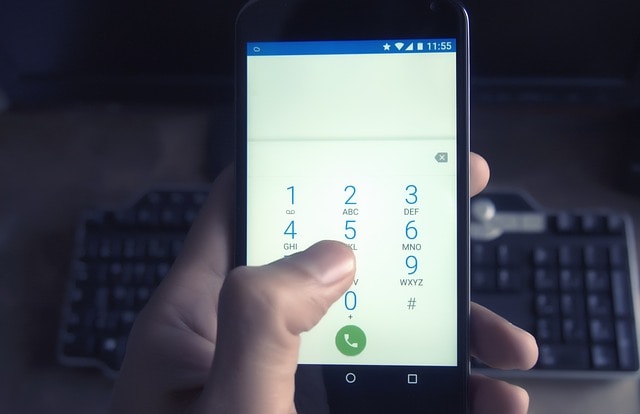Phone numbers — especially cell phone numbers — are notoriously difficult to reverse search. We’ve all tried Googling a phone number we didn’t recognize to see if we could identify the unknown caller. However, we seldom see any relevant results or accurate information pertaining to who owns the number.
In times that may seem like ancient history, residential and business phone numbers were published in public phone books. Just looking up a person’s name in the White Pages would reveal their address and telephone number. But the decline of the landline telephone has given rise to a new information accessibility issue. Now that nearly everyone carries a cell phone, these numbers are more often used for calling and messaging other people, and cell phone numbers are not published the way traditional landlines once were.
So why is it so hard to trace – or “reverse search” – phone numbers?
Phone numbers have become like commodities. It’s easy to change numbers or get a new number almost instantly. You can even purchase a prepaid cell phone and be up and running with a working number in minutes, all without providing your name or any other personal information. This obviously makes it harder to identify and track individuals who are hiding behind phone numbers for nefarious or criminal purposes.
There is no centralized public database of cell phone records.
Unlike the old school paper phone books, there is no publicly searchable index of cell phone numbers and their corresponding owners. Cell phone numbers and the devices they are connected to are so interchangeable, even having such an index would not always be completely reliable.
Googling a phone number rarely yields accurate results. Instead, you’ll find dozens of websites claiming to be able to access phone ID information. Many of these websites use tacky sales practices to get consumers to purchase subscriptions or pay a fee to “trace” a number. These services are not using subpoena power or any legitimate means to accurately trace a phone number. Instead, these services rely on aggregated data to make assumptions about who may own a phone number. These assumptions are prone to frequent error and mismatching. The data they may be gathering could be months or even years old, casting more doubt upon the reliability of these services.
So, then, how do you find out who owns a phone number?
The only truly accurate way to determine who is behind a phone number would be to subpoena the cell phone carrier or telephone provider. However, the time, cost, and necessary legal justification for doing so make this method somewhat impractical for the average consumer. Additionally, if a phone number is tied to a prepaid cell phone, call spoofing software, or a phone number “burner” app, you won’t have much luck, as these services rarely ask for the owner’s name and personal information and are often used deliberately to conceal the caller’s true identity.
Alternatively, private investigators have access to specialized proprietary databases that offer better accuracy for tracing and searching phone numbers. These databases are not generally available to the public because of the sensitivity of the information they contain. Private investigators use these databases for skip-tracing, finding assets, locating missing persons, investigating backgrounds, and preventing fraud. Additionally, the data available to private investigators is collected from much more reliable sources than what is available on Google.
In any case, enlist the help of law enforcement if you are being harassed or threatened by someone by phone. In other cases where you need to trace a phone number, consider reaching out to a legal professional or private investigator to do some digging.
Nighthawk Strategies’ “Ask a PI” blog series seeks to explore some of the common questions – and sometimes myths and misconceptions – about private investigations, online research, social media intelligence, privacy, and security. Got a question? Ask a PI! Email us your questions/suggestions at [email protected].



